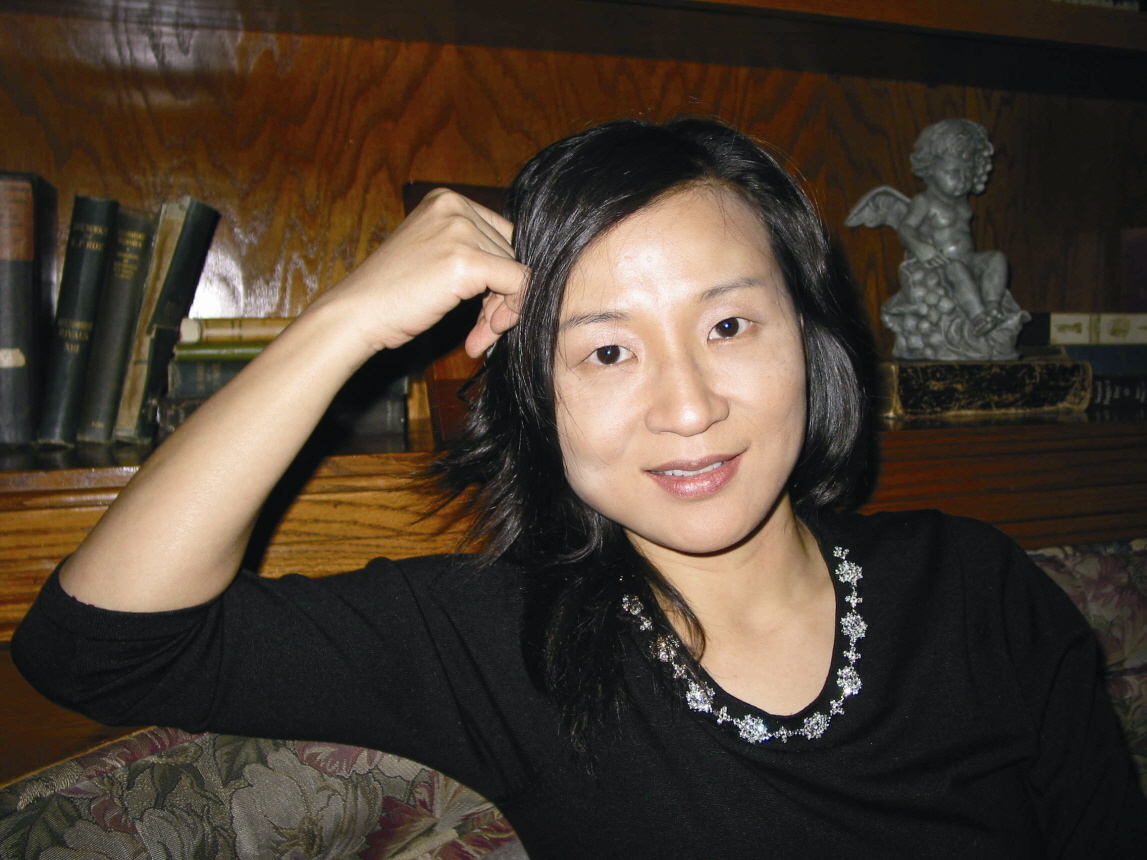
Kim’s motivation to create such innovative content stems from her interest in movies that she has had since her childhood days.
“My memories at the theater, watching famous classic films with my mother, were magnificent,” Kim said. “The happiness doubled and even tripled through my school years in both high school and Ewha.”
Kim established a film club when she entered Ewha, and produced a documentary that greatly affected the future of her life.
“In my senior year, I started wondering about my duties as an Ewha student – how I would always live with responsibilities and think about helping other women in need,” Kim said. “From there on, I wanted to focus on the lives of lower class women, which is why I visited contemporary prostitutes that interacted with American servicemen.”
Kim was frustrated when she realized there was nothing that she could do to help, though she witnessed the miserable conditions the sex slaves were exposed to. Though victims of history, the sex slaves were discarded and ignored by the Korean society. Such scenes remained as a painful memory for Kim.
“All I could do was film them and spread the reality of these women to the public, so it could lead to a more correct ideal of women,” Kim said. “As a small effort makes a huge stepping stone for a better society, I wanted to be that small effort for the victims.”
Thanks to the popularity of the documentary, Kim was able to supply herself with scholarships that guided her to continue her ambitions in the film industry. Furthermore, the experiences Kim encountered while filming the documentary led to her conviction to produce movies that hold a profound meaning and message of truth – something that can help shift a person’s perspective.
Upon graduating Ewha and after three years working in her field, Kim moved to the United States to study filmmaking in earnest.
“Though I tried to deliver the messages via movies, the hopeless reality of Korea’s film industry made it hard to achieve,” Kim said. “So I went to the United States and worked at the Warner Brothers Pictures to broaden my perspectives toward the wider world.”
Her experience in the United States helped her gain the knowledge she needed to establish Bidangil Pictures back in Korea in 2005.
“Bidangil refers to the silk road that connects the East and West,” Kim said. “Experiences helped me dream of creating a story that can arouse sympathy from all kinds of people regardless of their skin color and race.”
Bidangil Pictures has been steadily growing, due in part to its movies with special messages focused on social impact.
“The key criteria of a good movie scenario is ‘how’ to express ‘whose’ story in ‘what’ form,” Kim said. “Therefore, I had confidence that a scenario’s completeness would definitely bring success in movie-making and delivering important messages.”
Besides the scenario, it is the accountability of the directors that make the scenario become a movie. To put this process into action, Kim chose to work with three new directors who were relatively unknown at the time, and help ensure their debut films to become blockbusters. Kim also hired new actors and triggered their jumpstart to stardom.
After starting her own company, Kim tried to convey messages to society and viewers through the movies she helped to create. In “A Werewolf Boy,” Kim attempted to heal people’s emotions and wounds by reminding them of heartwarming pure love. In the film “The Chaser,” Kim also tried to remind society that people’s indifference to their neighbors can lead to tragic crimes and the consequences of the loss of people whom we love.
“It might not bring any difference, and what could be worse is that nobody might catch the message that I tried to include in the film,” Kim said. “However, I still think it is my duty to deliver these important messages, even though they could be small, slow and silent.”
As they are for other trailblazers, hardships were also inevitable for Kim. People’s prejudice, malaise and indifference were the hurdles Kim had to jump over during her career. Nevertheless, Kim said only excitement and expectations exist – not fear of failure – when a new challenge emerges. Kim’s confidence to push a project forward without hesitation stems from a strong belief in herself.
“I push myself to continuously challenge myself, regardless of the result,” Kim said. “You will figure out someday that faith in your mind and small efforts do add up to huge independence. My life at Ewha was one of the best decisions in my life, even though it took time to realize this. Attending Ewha is evidence that you are one of the most blessed women in the world, so shoot for your dreams!”
Lee Min-jeong
mjlee@ewhain.net

